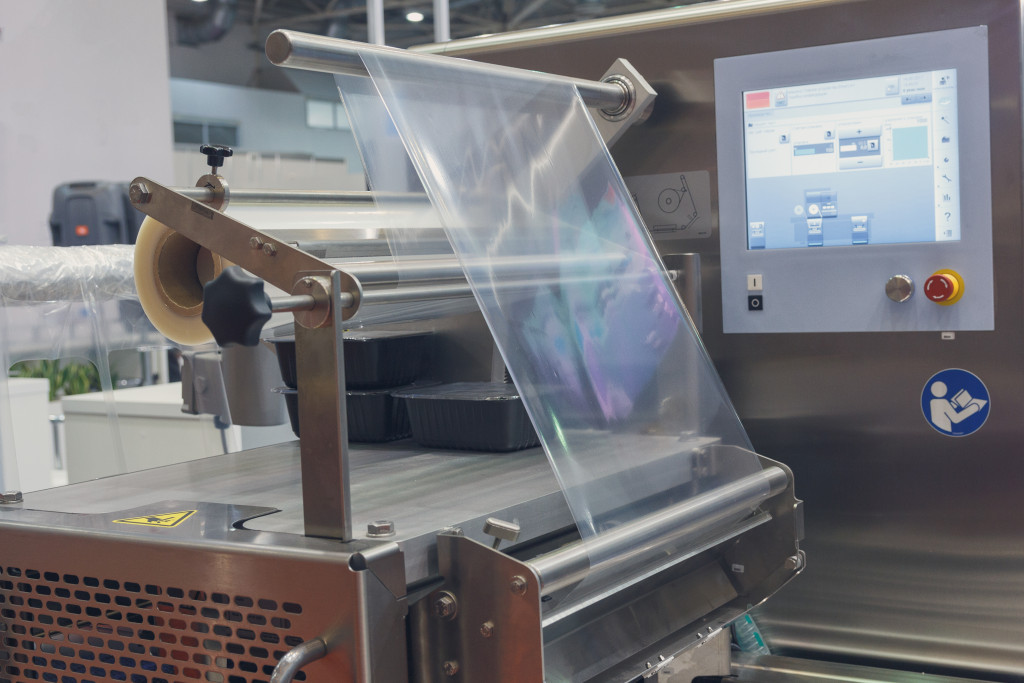Manufacturers faced challenges when the pandemic started as industrial companies closed to prevent the spread of the virus. But some shifted their focus to prevent worker layoff and closure of their facilities. These manufacturers focused on producing personal protective equipment (PPE) and ventilators to meet the increasing demand due to shortages.
With over 292 million vaccines administered, US manufacturers can look forward to the end of the pandemic soon. The pandemic also compelled these companies to establish new procedures to reduce the impact of similar events in the future. Here are some innovations people can expect in the manufacturing industry.
Normalization of Remote Work
The pandemic compelled many companies to ask their employees to work from home. The manufacturing industry was among the industries that endorsed remote work for their employees. Some companies promoted a mobile workforce as they allowed employees to work from home several days a week. The move reflected a leadership style that valued results instead of the time an employee stays in the office.
The availability of digital tools made the move to remote work easier for most companies as they realize the benefits it provides the company and its employees. Remote work will likely continue even after the pandemic ends with the development of more digital tools to facilitate work.
Increased Use of Artificial Intelligence and Machine Learning

Artificial intelligence (AI) and machine learning (ML) will play a major role in ensuring safety in situations such as the Covid-19 pandemic. In these situations, both technologies can help employees with repetitive tasks that they perform using factory equipment. They also allow employees to remotely monitor the equipment from a safe station within the facility.
These technologies will control equipment featuring air actuators in the manufacture of the different products of the company. The use of these pneumatic devices in the equipment itself is also quite prevalent since they offer several benefits, including faster production times, better reliability, and cost-effectiveness.
Prioritization of Sustainability
Manufacturers will focus on sustainability, which was a major topic in discussions before the pandemic. Many companies recognize the environmental and financial benefits of sustainable practices. With this, they committed to meet the goals of global sustainability. Some companies shifted to using sustainable materials and unique manufacturing methods to support the drive.
These manufacturers also check to ensure that the raw materials they are using were sourced ethically. CDP, a nonprofit organization focused on climate research, noted an increase of 45 percent in the number of companies that focused on helping the environment. Among the notable companies on the list are Mitsubishi Electric, Mars, and AstraZeneca.
The move towards automation also promotes opportunities to build with sustainability in mind. This means manufacturers can focus on working with eco-conscious IT vendors and opt for digitizing components in the supply chain to increase efficiency.
Use of Open-Source Tech
Developments in technology allowed many manufacturers to look beyond requiring people to work onsite. Even as manufacturers default to onsite work, the availability of new digital platforms has left them thinking about using disruptive technologies to facilitate work and increase efficiency. The speed of these developments also encouraged these manufacturers to lean toward using open-source technology rather than be tied to a specific vendor or platform.
They leverage the use of open-source tech to allow them to make innovations whenever necessary. Open-source technology also facilitates the implementation of standardization of the technology the manufacturer uses. It also supports multiple cloud applications and provides better security for the manufacturer. The manufacturing industry will see bigger uses of open-source technology in the coming years since it allows them to use nearly all technology platforms.
More Uses of 5G Technology
While 5G was a godsend for tech companies looking for faster internet speed, it will also play a major role in transforming the manufacturing industry. It offers many benefits to the industry, including the collection of industrial data for cloud-based apps, providing an augmented reality or virtual reality content for factory technicians performing diagnostics, and automation of different manufacturing processes.
5G technology can also facilitate the use of other technologies in the manufacturing sector, including AI and ML. It can also reduce latency in the internet connection within the production facility and enhance the delivery of products and services to the consumers.
The technology has grown significantly in the country as more telecom companies continue their expansion plans. With the increase in coverage areas, 5G technology will soon become readily available for industrial users.
While manufacturers faced challenges during the pandemic, upcoming innovations will allow them to easily deal with similar situations in the future.




